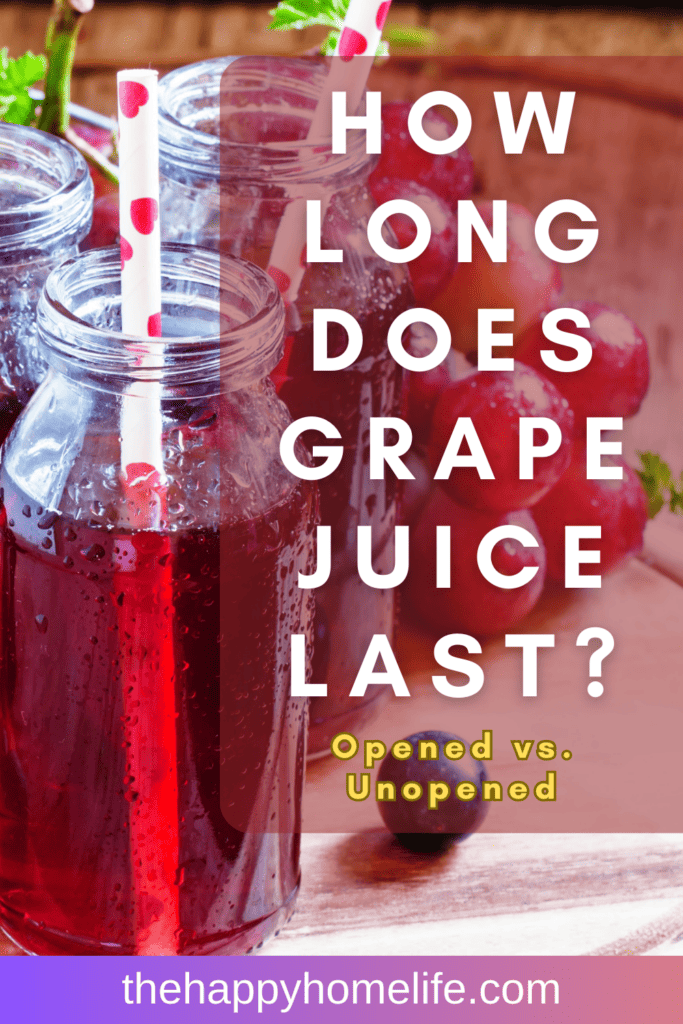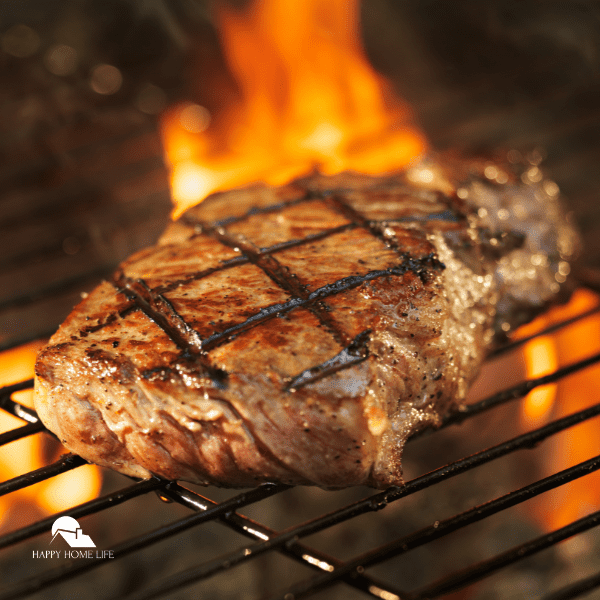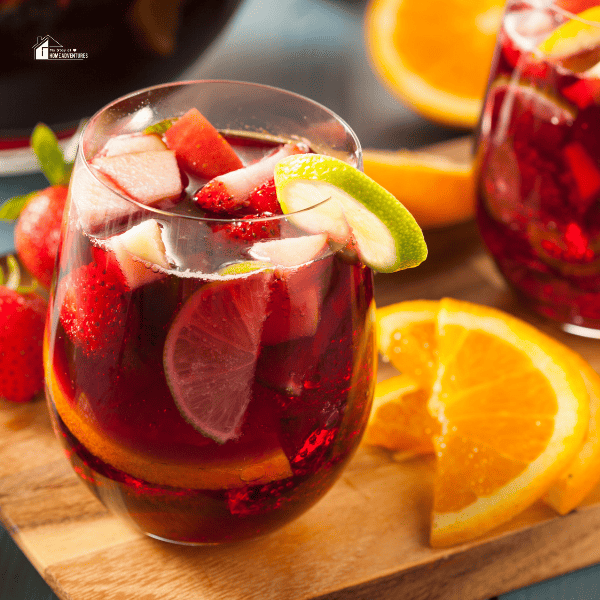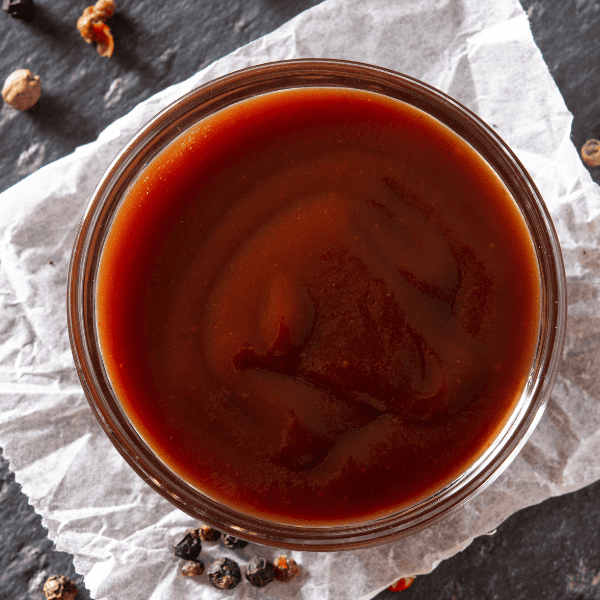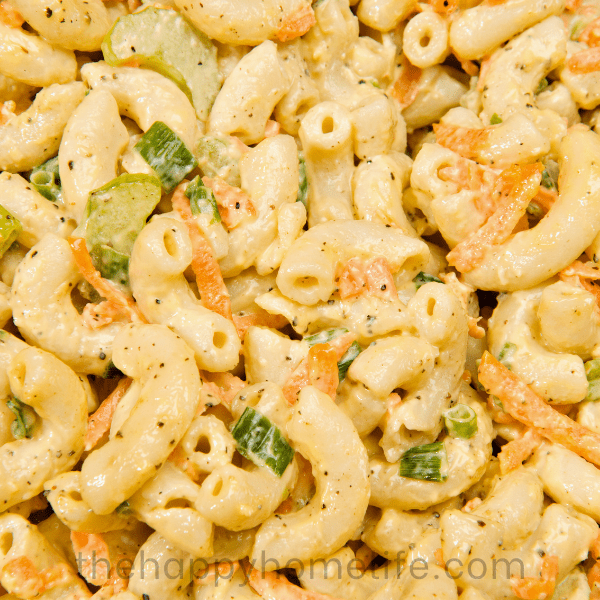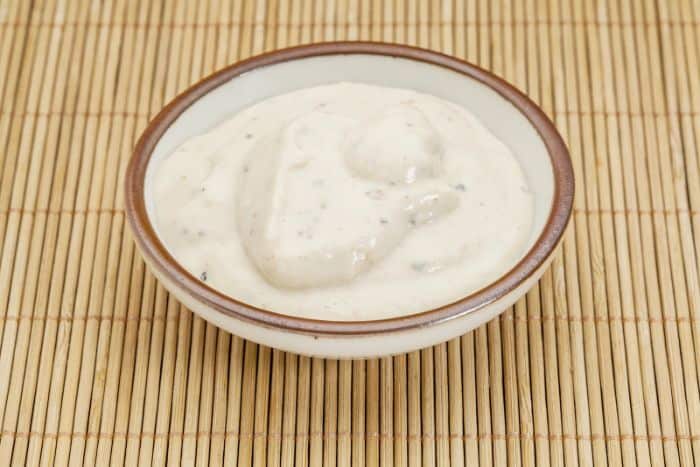Grape juice is a popular drink with kids and adults alike. Whether you enjoy it as a refreshing drink or use it in recipes, there’s no denying the unique flavor of grape juice. But have you ever wondered, how long does grape juice last?
How Long Does Grape Juice Last?
From the moment it is bottled to its eventual expiry date, certain factors can affect the shelf life of grape juice.
Let’s take a closer look at the timeline of grape juice and provide some tips on how to store it to ensure its freshness and taste properly.
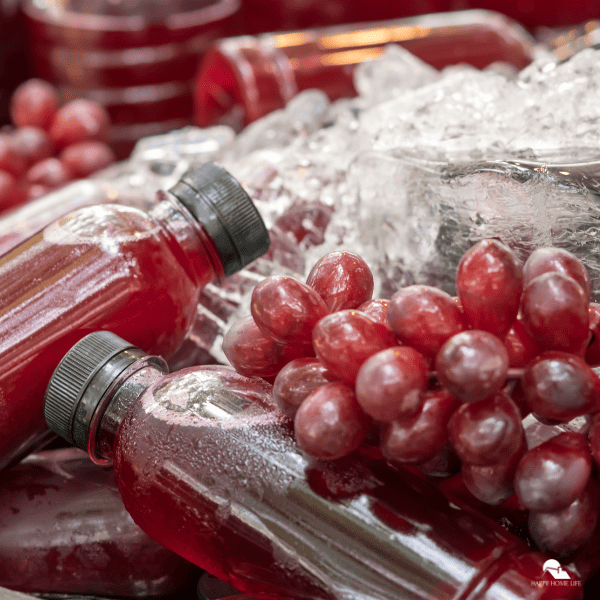
Factors Affecting Grape Juice Shelf Life
Several factors can influence the shelf life of grape juice. One of the most important factors is the type of grape used to make the juice. Different grape varieties have varying acidity and sugar content levels, which can impact how long the juice will stay fresh.
Another factor is the storage conditions. Grape juice should be kept in a cool and dark place to prevent spoilage. Heat, light, and air exposure can cause the juice to go bad more quickly.
Additionally, preservatives in the juice can affect its shelf life. While preservatives can help extend the freshness of grape juice, they can also impact its flavor and nutritional value.
Considering these factors when storing and consuming grape juice is essential to ensure you enjoy it at its best.
Unopened Grape Juice Shelf Life
Unopened grape juice can last for quite a while if stored properly. On average, unopened grape juice can stay fresh for about 6-12 months past its printed expiration date.
However, it’s important to note that the expiration date is just a rough estimate, and the juice may still be perfectly fine to consume even after that time.
As long as the bottle is sealed and there are no signs of spoilage, such as mold or a funky smell, the juice should be safe to drink.
So, if you’re wondering, “Does grape juice go bad?” the answer is yes, eventually, but unopened grape juice has a relatively long shelf life.
Opened Grape Juice Shelf Life
Once you open a bottle of grape juice, its shelf life changes. Unlike unopened grape juice, which can last for months past its expiration date, opened grape juice has a shorter lifespan.
On average, opened grape juice can last for about 5-7 days in the refrigerator. However, this can vary depending on various factors such as temperature, exposure to air, and the presence of preservatives.
Before consuming opened grape juice, it’s always best to check for any signs of spoilage, such as an off smell or unusual texture.
So, does juice go bad? Yes, it can expire, but following proper storage guidelines allows you to enjoy your opened grape juice for as long as possible.
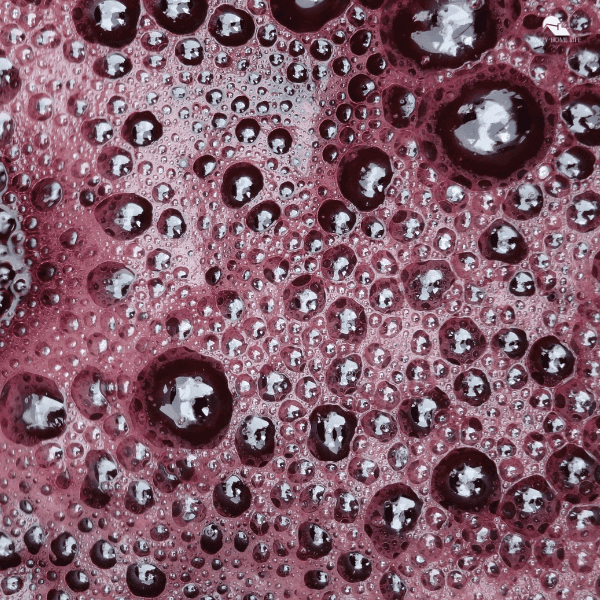
Signs that Grape Juice has Spoiled
If you’re wondering how to tell if your grape juice has gone bad, here are a few signs to look out for.
Firstly, check for any unusual or off smells. If the juice smells funky or sour, it clearly indicates that it has spoiled.
Secondly, examine the color and texture of the juice. If it has changed in color, become cloudy, or has chunks or sediment, it’s likely past its prime.
Finally, take a small sip and trust your taste buds. If the juice tastes off or has a strange flavor, it’s time to toss it.
Storing Grape Juice for Maximum Shelf Life
Proper storage is key to maximizing the shelf life of grape juice. To keep your juice fresh for as long as possible, store it in the refrigerator at a temperature of 40°F (4°C) or below. This will help slow down the growth of bacteria and prevent spoilage. Make sure the bottle is tightly sealed to prevent air exposure.
If you want to extend the shelf life even further, consider transferring the juice to a glass container, as glass is less permeable to air than plastic.
By following these storage tips, you can enjoy your grape juice for an extended period and avoid wasting expired juice.
Using Leftover Grape Juice
If you find yourself with leftover grape juice, don’t let it go to waste! There are plenty of creative ways to use up that extra juice.
One option is to freeze it in ice cube trays and use the grape juice cubes to add flavor to your water or other beverages.
You can also use the juice as a base for homemade popsicles or mix it into smoothies for a fruity twist.
Another idea is to incorporate the grape juice into baked goods, like muffins or cakes, for a unique flavor twist.
So, next time you have some leftover grape juice, get creative and explore the endless possibilities! After all, why let expired juice go to waste when you can transform it into something delicious?
Like all good things, grape juice doesn’t last forever. The key to enjoying its full flavor lies in storing it properly and consuming it in a timely manner.
Whether it’s unopened and sitting in your pantry or already opened and chilling in your fridge, being mindful of factors like grape variety, storage conditions, and preservatives can make all the difference.
Cheers to enjoying your grape juice to the last drop!
